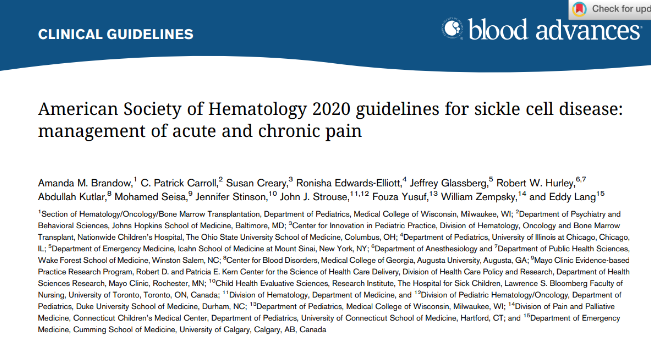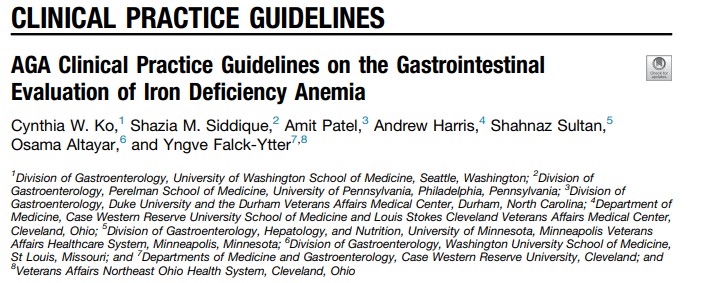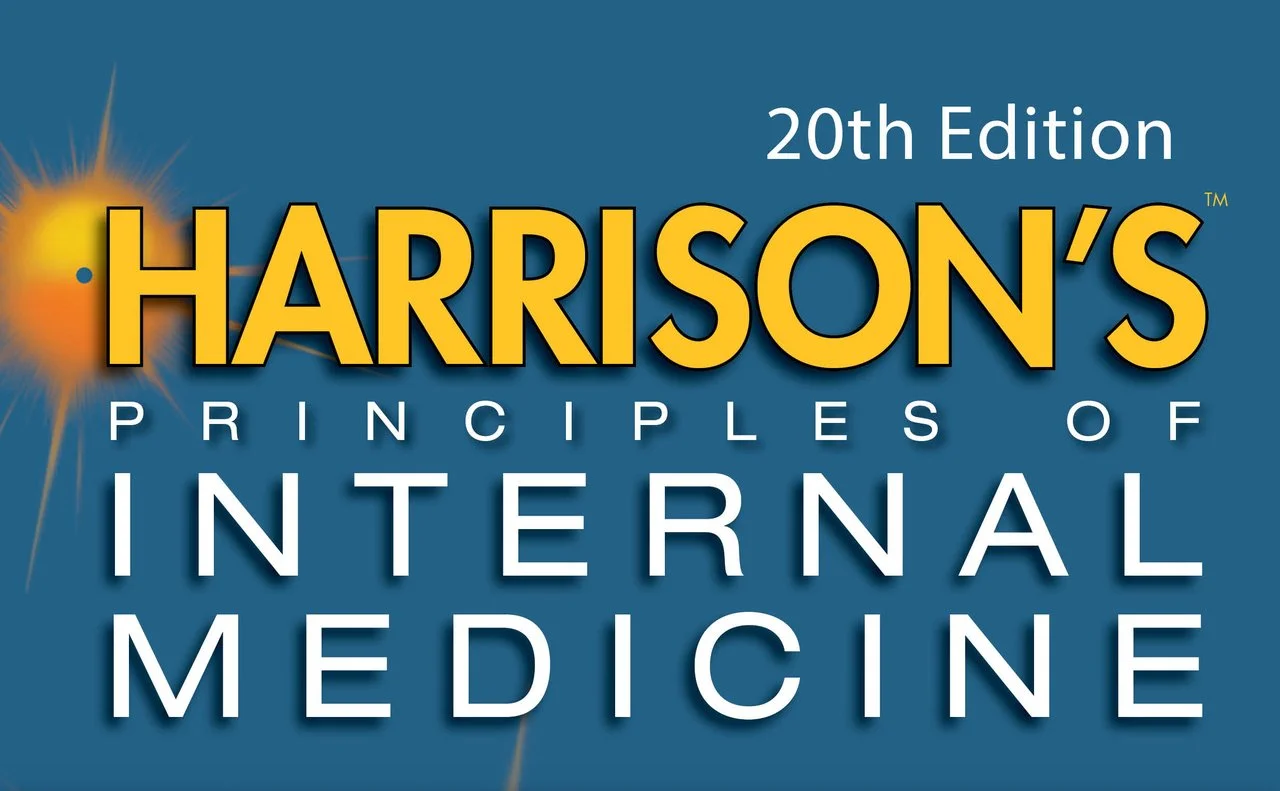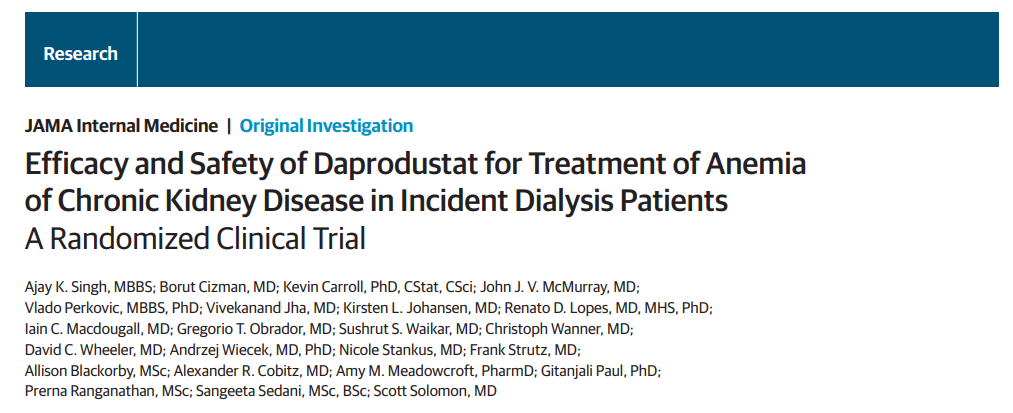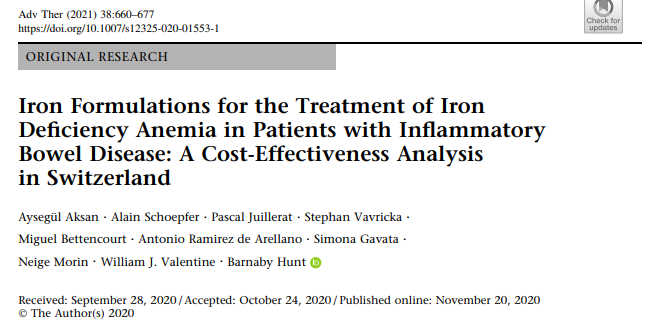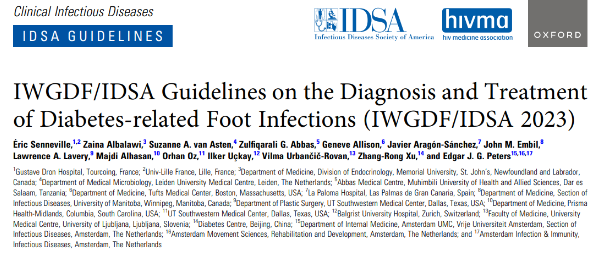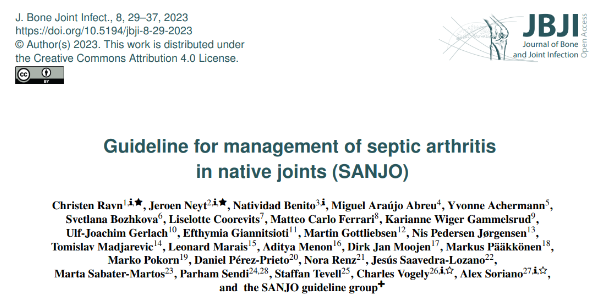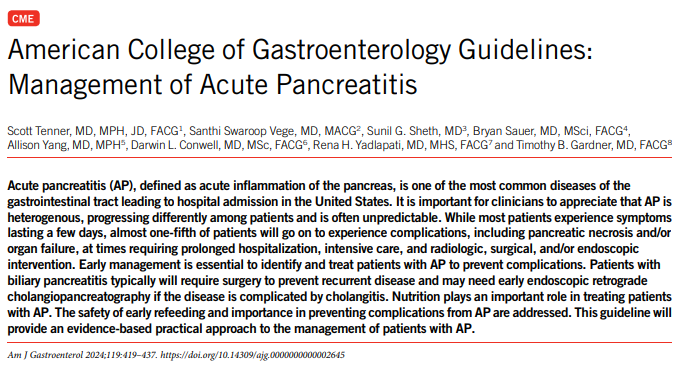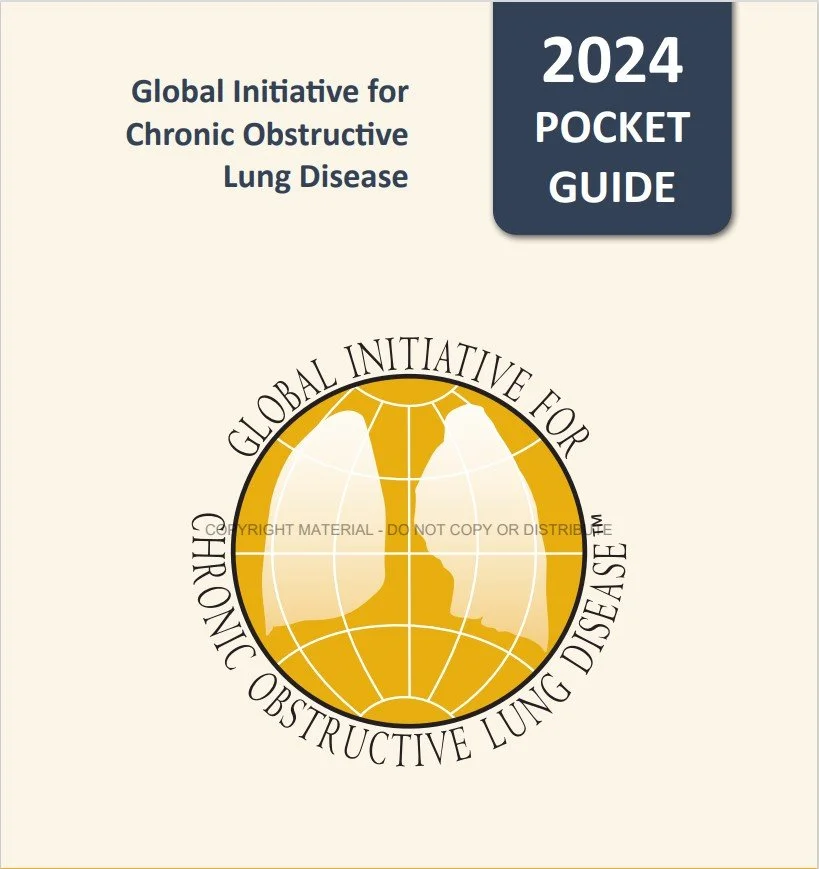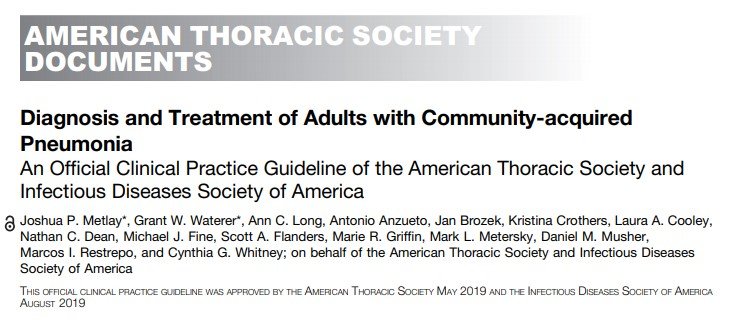
TOPIC of the block
Review this block’s inpatient floor topics. With a variety of articles and multimedia content we hope we can get your brain percolating.
TOTB: Sickle Cell Pain Crises
Sickle cell pain crises are a hallmark of sickle cell disease, presenting significant challenges and requiring swift, compassionate management from internal medicine residents. These painful episodes, driven by vaso-occlusive processes, can lead to severe discomfort and distress in patients, necessitating a comprehensive understanding of their pathophysiology and individualized treatment strategies. In this blog post, we will delve into the mechanisms behind sickle cell crises, key assessment techniques, and evidence-based approaches to pain management and crisis prevention, empowering you to provide empathetic and effective care for patients experiencing these debilitating events.
TOTB: Anemia
Anemia is a pervasive condition that every internal medicine resident will encounter, yet its myriad causes can make diagnosis and management challenging. As you refine your clinical skills, a solid understanding of anemia's pathophysiology, classification, and treatment options becomes essential. In this blog post, we will explore the spectrum of diagnosing anemia, from common iron deficiency to more complex hemolytic and aplastic anemias. Our aim is to provide practical insights and strategies to help you approach each case systematically and effectively, ensuring you deliver the best care for your patients.
Hello, World!
TOTB: OM & Septic Arthritis
Osteomyelitis (OM) and septic arthritis are serious infections of the musculoskeletal system that demand prompt recognition and management, challenging internal medicine residents to hone their diagnostic acumen. With overlapping symptoms such as joint pain and fever, distinguishing between these conditions is critical for effective treatment. In this blog post, we’ll explore the key clinical features, diagnostic tools, and management strategies for osteomyelitis and septic arthritis, providing you with essential insights to tackle these complex cases efficiently and improve patient outcomes in your clinical practice.
TOTB: Acute Pancreatitis
Acute pancreatitis is a common yet potentially life-threatening condition that frequently presents on the internal medicine floor. For residents navigating the complexities of its management, understanding the latest guidelines is crucial for optimal patient care. This blog post will delve into the essentials of diagnosing acute pancreatitis, identifying its etiology, and implementing evidence-based treatment strategies. Whether you're dealing with fluid resuscitation, pain management, or nutritional support, this guide aims to equip you with the knowledge and confidence to manage acute pancreatitis effectively and improve patient outcomes.
TOTB: Hyponatremia
Hyponatremia is a common and complex electrolyte disturbance that poses significant clinical challenges due to its varied causes and potential complications. This post offers a focused learning opportunity through complementary resources: the Core IM podcast provides a clear overview of hyponatremia’s pathophysiology and management, and delivers five quick clinical pearls to reinforce practical skills. The comprehensive European Guidelines for the Management of Hyponatremia present evidence-based recommendations for individualized care, and the UCSF Grand Rounds feature expert discussions on challenging cases and advanced treatment strategies. Together, these resources will enhance your clinical acumen and confidence in diagnosing and managing hyponatremia effectively.
TOTB: COPD and Asthma
Chronic obstructive pulmonary disease (COPD) and asthma are among the most common and clinically impactful respiratory diseases inpatient residents encounter, yet their management continues to evolve with emerging evidence and updated guidelines. In this post, we’ll dive into the latest GOLD guidelines for COPD management, examine practical clinical insights from the Core IM podcast on COPD, and explore the recent MANDALA trial, which offers promising new data on asthma treatment strategies. Together, these resources provide a well-rounded foundation to enhance your understanding and approach to acute and chronic care of obstructive lung diseases in hospitalized patients.
TOTB: Pneumonia
Pneumonia remains a significant cause of morbidity and mortality worldwide, challenging clinicians with its diverse presentations and evolving management strategies. Recent advances and updated guidelines by authoritative bodies such as the Infectious Diseases Society of America (IDSA) and the American Thoracic Society (ATS) have refined the diagnosis and treatment of community-acquired pneumonia (CAP), hospital-acquired pneumonia (HAP), and ventilator-associated pneumonia (VAP). Contemporary research, including pivotal studies published in leading journals like the New England Journal of Medicine and JAMA, continues to influence clinical practice by addressing key issues such as the role of corticosteroids in severe CAP, diagnostic accuracy, and antimicrobial stewardship. This post synthesizes current evidence-based recommendations and expert insights to provide a comprehensive overview of pneumonia management in adults, aiming to enhance patient outcomes through informed clinical decision-making.
TOTB: Diabetes
Diabetes mellitus remains one of the most prevalent and impactful chronic diseases encountered in internal medicine, affecting millions worldwide and posing significant challenges in both inpatient and outpatient settings. As our understanding of its pathophysiology, risk factors, and complications continues to evolve, staying current with evidence-based guidelines and emerging research is essential for optimal patient care. This edition of our blog will delve into the latest advances in diabetes management, highlight landmark clinical trials, and offer a curated selection of key guidelines, informative podcasts, and educational videos to enhance your clinical practice and improve patient outcomes.
The EMCrit Inpatient Blood Glucose Control (IBCC) guide provides practical, evidence-based recommendations for managing hyperglycemia and hypoglycemia in critically ill and hospitalized patients, emphasizing individualized insulin protocols and avoidance of glucose extremes. It integrates current guidelines with clinical experience to optimize glycemic control and improve patient outcomes in the inpatient setting.
TOTB: CKD and Dialysis
Chronic Kidney Disease (CKD) and dialysis management are pivotal areas of focus for internal medicine residents, offering both challenges and opportunities to significantly impact patient outcomes. Understanding CKD's progression, the nuances of dialysis initiation, and associated complications like hyperkalemia is essential. This blog post distills key insights from the KDIGO CKD guidelines, hyperkalemia management protocols, and cystatin C guidelines, alongside practical tips from an educational podcast about dialysis for internists. Together, these resources will enhance your ability to navigate CKD’s complexities, utilize diagnostic tools effectively, and deliver comprehensive care to patients requiring renal replacement therapy.
TOTB: Heart Failure
Heart failure is a complex and challenging condition that affects millions worldwide, leading to significant morbidity and mortality. In this blog post, we will explore the critical aspects of heart failure, unravel the intricacies of its management, and highlight the latest advancements in treatment strategies.
